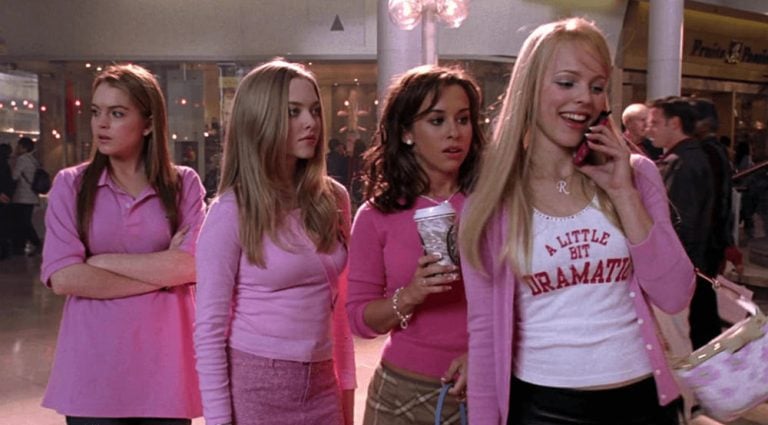The author of Queen Bees and Wannabes – the novel that was turned into the pop culture phenomenon known as Mean Girls – claims she has not made a cent since she sold the film rights in 2002.
Rosalind Wiseman said the film’s writer and producer Tina Fey and Paramount Pictures have made millions out of the franchise, but she made just over $400,000 after signing a deal to sell her film rights and nothing more.
Wiseman told The New York Post her lawyers planned to take action, adding, “We have reached out to Paramount to have things be more equitable, but Paramount is not interested in that.”
Paramount has even told her the studio has not made any profit from the franchise, Wiseman alleged.
“I think it’s fair for me to be able to get compensated in some way for the work that has changed our culture and changed the zeitgeist,” she said. “Over the years Tina’s spoken so eloquently about women supporting other women, but it’s gotten increasingly clear to me that, in my own personal experience, that’s not going to be the experience. You don’t just talk about supporting women, you actually do it.”
Released on April 30th, 2004 and starring Lindsay Lohan, Amanda Seyfried, Rachel McAdams and Lacey Chabert alongside Tina Fey herself, Mean Girls grossed $130 million worldwide. It was made on a $17 million budget, which then was doubled to include marketing and PR costs.
“I’m clearly recognized and acknowledged by Tina as the source material, the inspiration. I’m recognized and yet I deserve nothing?” Wiseman said. “For me, having a female writer and not having that happen has not only been difficult because of the money, but it’s also been painful, very painful.”
Love Film & TV?
Get your daily dose of everything happening in music, film and TV in Australia and abroad.
There has since been a Mean Girls Broadway musical, which is also set to be turned into a movie. The film also spawned a number of pop culture references and memes.
When Wiseman originally signed her contract, she signed away in perpetuity all rights to original motion pictures and derivative works, including musicals and TV projects — although she said there was no discussion of any other projects at the time.
Her original contract included net profit points based on how well the movie fared at the box office, which is why Wiseman claims Paramount told her there had been no profits – and her lawyers now want to audit the studio’s books.
Her lawyer Ryan Keech told The Post he suspected most people would be shocked at how poorly Wiseman had been treated.
“It is nothing short of shameful for a company with the resources of Paramount to go to the lengths to which it has gone to deny Ms. Wiseman what she is fairly entitled to for having created what has become one of the most iconic entertainment franchises of the last 25 years,” he said.

































